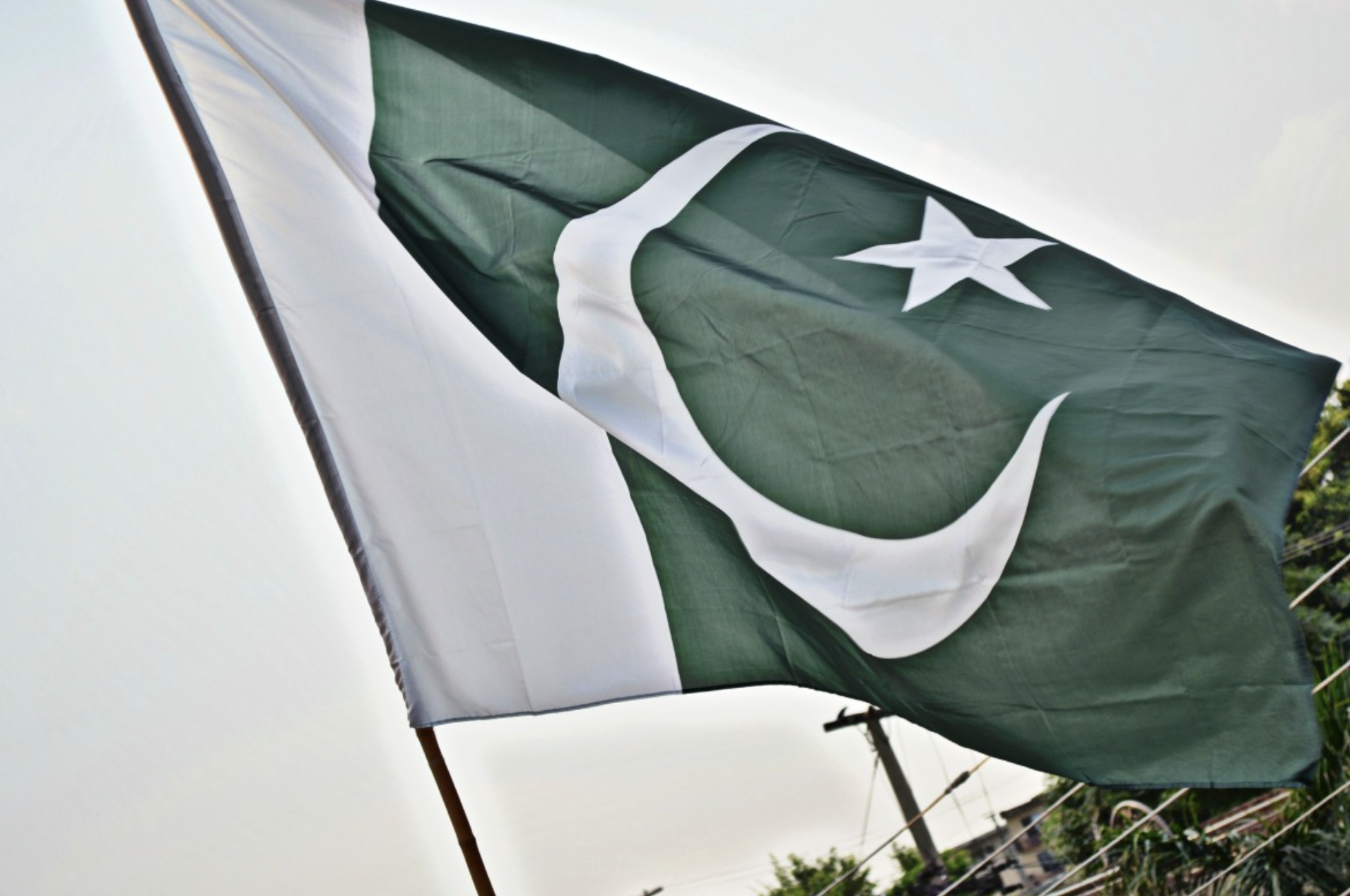Two young men acquitted of false blasphemy charges, but trauma and fears remain
A Lahore court acquitted Adil Babar and Simon Nadeem, wrongfully arrested for blasphemy in Pakistan in 2023. Despite the verdict, their families remain exposed to threats and discrimination. Janssen denounces the controversial conduct of the “blasphemy business group”. Justice Khan calls for a commission to investigate within 30 days the way blasphemy rules are used.
Lahore (AsiaNews) – The story of Adil Babar and Simon Nadeem, two young Christian men wrongfully arrested for blasphemy on 18 May 2023, appears to have a happy ending after a court in Lahore acquitted them.
Despite this, the trauma, fear, and displacement their families must endure remain deeply present, as threats from Islamic extremist groups continue to hang over them.
These groups often promote the idea that killing a person alleged to be a blasphemer ensures entry into paradise, while violence is used not only as a tool to persecute Christians, but also for political gain.
The young men, now 20 and 16, were falsely accused two years ago of making derogatory comments about Muhammad, and their trial could have resulted in the death penalty.
Supreme Court lawyer Naseeb Anjum welcomed the court's decision but expressed serious concern about the continued abuse of Pakistan’s blasphemy legislation.
“These laws have repeatedly been weaponised to target religious minorities and settle personal disputes,” said the lawyer, appointed by Pakistan’s Legal Aid Society (LAS).
“The consequences are severe,” he added. “Families are forced to flee their homes, communities live in constant fear simply because of their faith in Christ, and mere accusations can lead to extrajudicial killings and irreparable harm.”
The lawyer also condemned the rise in mob violence, when extremists take justice into their own hands, often acting with impunity.
“This case clearly underscores the urgent need for legal safeguards, impartial investigations, and greater accountability,” Anjum said. “While the acquittal of Adil and Simon is a relief, it cannot undo the trauma and fear they and their families have endured.”
Pakistan must not turn a blind eye to those who continually abuse blasphemy laws to persecute religious minorities. For Joseph Janssen, a minority rights advocate, the court's decision is welcomed, but he laments the fact that the structural abuse of blasphemy laws continues to endanger religious minorities.
“These laws have been repeatedly exploited to settle personal scores and persecute Christians and other minorities,” he noted. “The accusations are enough to trigger mob violence, force families into hiding, and inflict long-term psychological trauma, even when no crime has been committed.”
Janssen stressed the broader pattern of abuse, highlighting the involvement of powerful actors such as Rao Abdul Raheem, head of the so-called blasphemy business group.
“Rao and his companions have used blasphemy laws not to protect religious values, but to deflect accountability and suppress justice,” Janssen explained.
In the 2022 Abdullah Shah murder case, Rao allegedly manipulated blasphemy charges to pressure the victim's father into silence, using fabricated evidence, colluding with law enforcement.
Justice Sardar Ijaz Ishaq Khan, who is presiding over the related proceedings at the Islamabad High Court (IHC), recently emphasised the public importance of the case.
"I instruct[ed] the IT department to make arrangements for live streaming of the proceedings," he said, noting that the courtroom was overcrowded and that the public has a right to transparency in cases involving such a serious abuse of the law.
On Tuesday he gave the federal government 30 days to set up a commission of inquiry into the misuse of the blasphemy law.
The Christian community and other minorities have praised him for his courage and bravery, while extremist groups view the order as controversial.
Like Khan, former Chief Justice Qazi Faez Isa, during a hearing in February 2024, condemned the Punjab government's handling of the Jaranwala incident, when more than 20 Christian churches and dozens of homes were attacked.
He called the government's progress report "worth throwing in the trash" and expressed shame that only 18 complaints had been filed in six months, despite numerous arrests.
Justice Isa also questioned the role of the police, suggesting that they "stood and watched" as the violence unfolded.
Janssen urged lawmakers, religious leaders, and civil society groups to engage in a national dialogue to reform blasphemy laws in line with Pakistan's constitutional commitments and international human rights obligations under United Nations conventions and the EU's Generalized System of Preferences Plus (GSP+), which offers developing countries incentives if they sign up to human rights conventions.
“The safety, dignity, and equal rights of all Pakistani citizens, regardless of their faith, must be protected," the prominent minority activist said. “No one should suffer persecution under laws that lack due process and invite mob justice.”
15/05/2019 09:33







.png)










